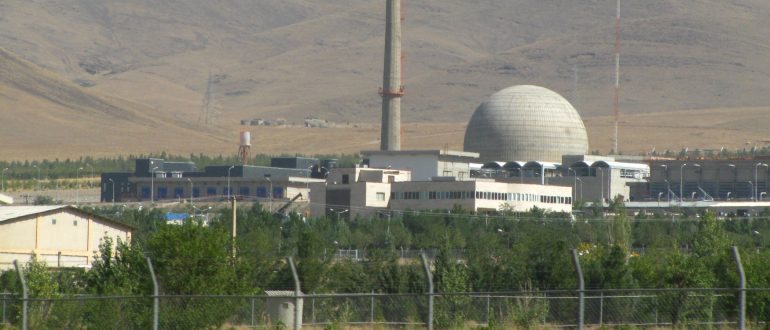
Secret Negotiations in Nuclear Diplomacy. Who Decides about Success and Failure of an Agreement with Iran?
On November 24, 2013, an interim agreement of Iran and the P5+1 was reached, granting a relief of sanctions for Iran in return for concessions regarding Uranium enrichment and nuclear technology. Negotiations continue for a final agreement. Not long afterwards, it became public that the U.S. had held secret negotiations with Iran before the official talks which laid the groundwork for the successful interim agreement. However, an Iranian offer for an agreement to the U.S. in 2003, also conveyed via a secret back-channel, was rejected without being given further consideration. What factors decide the fate of secret negotiation initiatives and their official follow-ups?
It comes down to the question of who can prevent a successful agreement. Not only the behavior of the negotiating partner, but also spoilers from within play a role. Many influential U.S. officials in 2003 like Dick Cheney and Donald Rumsfeld were known for their hawkish positions towards Iran. The Bush era was also characterized by infighting between sub-groups. Cheney and Rumsfeld decided not to forward the Iranian proposal to the President and rejected it right away. Under Obama, the administration has a common and much more favorable stance on negotiations. His top foreign policy advisors are all openly in favor of an agreement. Secretary of State John Kerry even travelled to Oman in 2011, still as a Senator, helping to keep the secret channel open.
The Obama administration has a coherent opinion on the issue and does not suffer from infighting in this regard; this may account for the success of the secret back-channel in leading to official negotiations. However, another actor within the U.S. political system has a very problematic role in this case. In Congress, not only Republicans, but also high-ranking Democrats, in an initiative led by House Foreign Affairs chairman Robert Menendez, are trying to pass additional sanctions legislation. If their initiative succeeds, it will make a final agreement unlikely since this would be an open breach of the interim accord. Iran has made very clear that they are sensitive for any move coming from Washington. Its negotiating team in Vienna left the table in December 2013 following a U.S. announcement to blacklist companies bypassing the sanctions.
All members of Congress had been kept out of the loop about the secret negotiations, and some politicians expressed deep concern about this fact. It cannot be ruled out that this might have detrimental effects on the agreement in the long term. Certain senators or members of the House of Representative could feel compelled to step up their efforts against an agreement they do not favor and had no chance to influence. The problem could worsen over time as spoilers might be increasingly able to rally support for their cause. Right now, the number co-sponsors of a sanctions bill in the Senate is increasing, and soon Democratic majority leader Harry Reid might feel pressured to put it up for a vote.
But what would have happened if the spoilers had known about the talks earlier? It is possible that this would have also diminished the chances of coming to an interim agreement. Congress could have pushed for additional sanctions earlier, which might have destroyed Iranian faith in negotiations.
Given the fact that the proponents of tougher restrictions on Iran are a bipartisan group, the ability of the Obama administration to prevent Congress from derailing the agreement must be doubted. This problem might worsen in 2014, should the mid-term elections turn out in favor of the Republicans. In the end, the future success of negotiations with Iran might depend less on Iran and the other international powers than on Obama’s ability to engage Congress.
